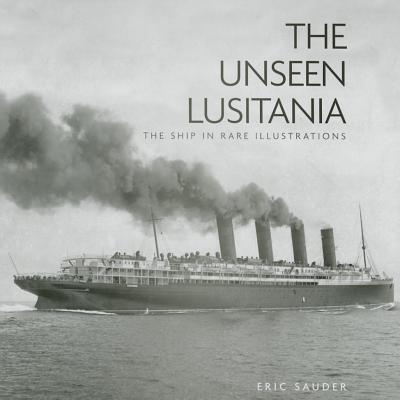
description
le of replicating any living form it touches, infiltrates an isolated research base in the Antarctic, and sows suspicion and terror among the men trapped there. Which of them is still human, and which a perfect alien facsimile? John Carpenter's The Thing, the second adaptation of John W. Campbell's 1938 novella Who Goes There?, received overwhelmingly negative reviews on its release in 1982, but has since been acknowledged as a classic fusion of the science fiction and horror genres. Now a regular fixture in lists of the greatest movies of all time, it is acclaimed for its inspired and still shocking practical special effects, its deftly sketched characters brought to life by a superb cast, elegant widescreen cinematography, ominous score, and a uniquely tense narrative packed with appropriately ever-changing metaphors about the human condition. Anne Billson's elegant and trenchant study, first published in 1997, was one of the first publications to give the film its due as a modern classic, hailing it as a landmark movie that brilliantly redefined horror and science fiction conventions, and combined them with sly humour, Lewis Carroll logic and disturbingly prescient metaphors for many of the sociopolitical, scientific and medical upheavals of the past three decades. In her foreword to this new edition, Anne Billson reflects upon The Thing's changing fortunes in the years since its release, its influence on film-makers including Tarantino and del Toro, and its topicality in an era of melting ice caps and with humanity besieged by a deadly organism.
member goods
No member items were found under this heading.
listens & views

CONSTANT LAMBERT BALLET SUITES
by TCHAIKOVSKY / SANDLER'S WELLS ORCHESTRA / LAMBERT
COMPACT DISC$19.25
Return Policy
All sales are final
Shipping
No special shipping considerations available.
Shipping fees determined at checkout.






